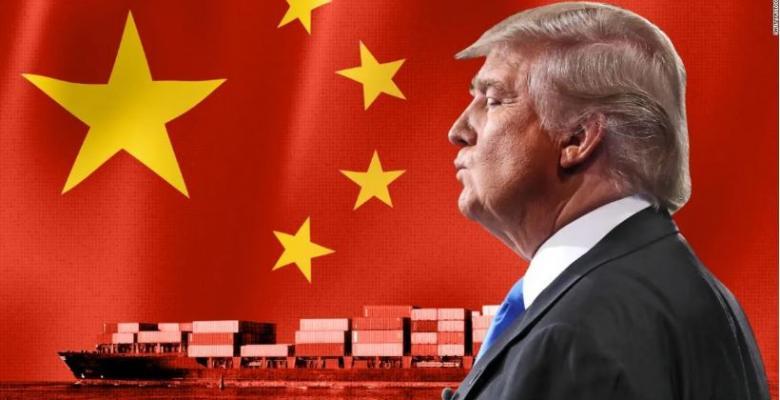Trump may be Reversing Course
especiales

Billionaire Elon Musk, who remains one of Donald Trump's top advisors, had already warned the red-haired president that he had exceeded reasonable limits with his tariff policy. Musk was particularly concerned about his businesses, which rely heavily on trade with China, the primary nation targeted.
As a result, Trump has been forced to reverse course and announce a substantial reduction in the steep tariffs imposed on the Asian giant. He also had to quietly concede that Musk was right, especially after Musk confronted Secretary of State Marco Rubio. Rubio, a controversial figure of Cuban descent, had refused to restructure the State Department, which is now undergoing a 20 percent reduction in departments and personnel.
Musk publicly expressed his disagreement with the president's policies, despite having supported his path to the White House. This led to an unexpected alignment with California Governor Gavin Newsom, who is generally considered a progressive, unlike the billionaire.
The alliance was surprising because Musk had maintained an open confrontation with Newsom for years. It was Newsom's state policies that initially prompted Musk to move his personal and business operations from California to Texas.
The reality is that Trump had turned tariffs into weapons in an irrational way. He failed to consider that China's economic model is well-equipped to handle various challenges. As a friend from Orlando, Florida said, the Chinese are accustomed to enduring hardship and overcoming adversity, whereas Americans are not.
A Doomed Strategy
Despite his hypocritical statements of friendship with Chinese President Xi Jinping, Trump launched a strong offensive to hinder and eventually sever the growing ties between the People's Republic of China and Latin American nations. This included Argentina, where his ideological ally, the libertarian and authoritarian Javier Milei, has refused to break significant economic relations with China.
Panama deserves a separate discussion in this context. However, in general, the anti-China policy is closely tied to the United States' intention to establish military bases and maintain control over transportation routes in the region.
Full Steam Ahead
In the first quarter of 2025, China's Gross Domestic Product (GDP) grew by 5.4 percent year-over-year and by 1.2 percent quarter-over-quarter, surpassing expectations.
This achievement is attributed to the sustained impact of macroeconomic policies, the acceleration of innovation momentum, and the strengthening of the domestic market, according to an editorial published in China's Global Times.
Although the trade environment has become increasingly hostile and complex, the editorial notes that the long-term fundamentals supporting China's economy have not changed. The internal driving force for high-quality development continues to strengthen.
The Global Times emphasizes that this success, recognized even by Western media, has not come easily. It is largely the result of policies implemented over several years, combined with measures such as tax cuts, bond issuance, equipment modernization, and technological innovation.
The publication also highlights that China has surpassed 13,000 dollars in per capita GDP and is entering a crucial stage of consumer modernization. Its people-centered development philosophy has resonated strongly with the new opportunities, creating further room for economic expansion.
"Behind the first-quarter numbers lies a deeper truth: China's economic progress is genuinely aimed at improving the lives of its people," the editorial concludes. "This demonstrates the nation's firm commitment to doing things properly amid the uncertainty of the global landscape."
Translated by Sergio A. Paneque Díaz / CubaSí Translation Staff













Add new comment